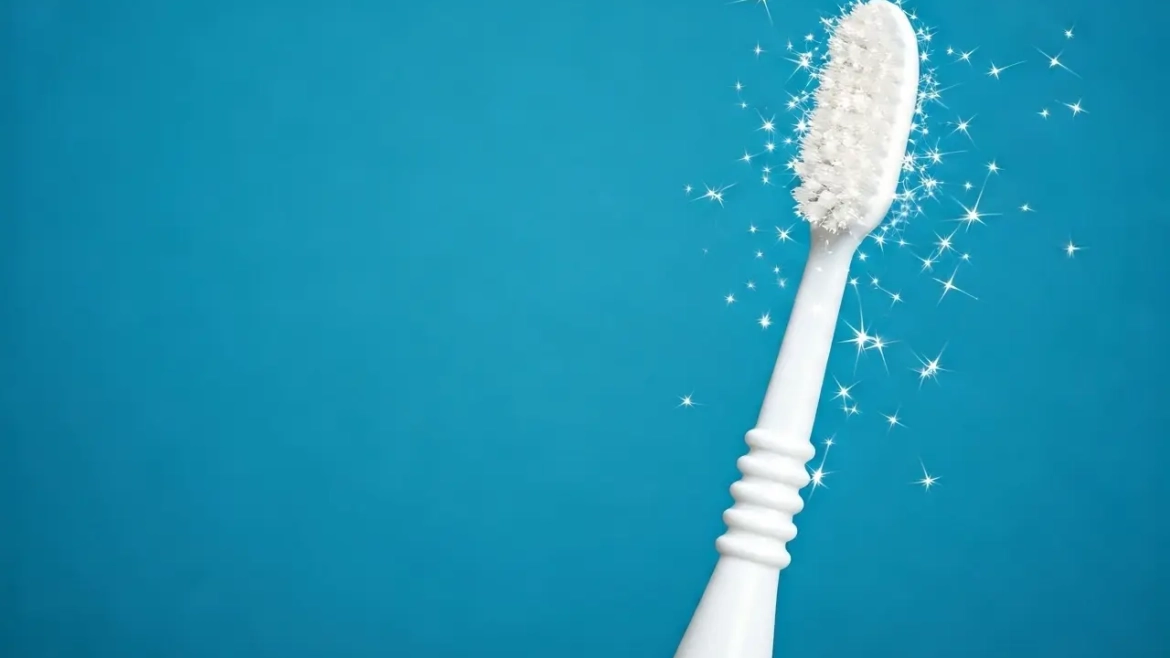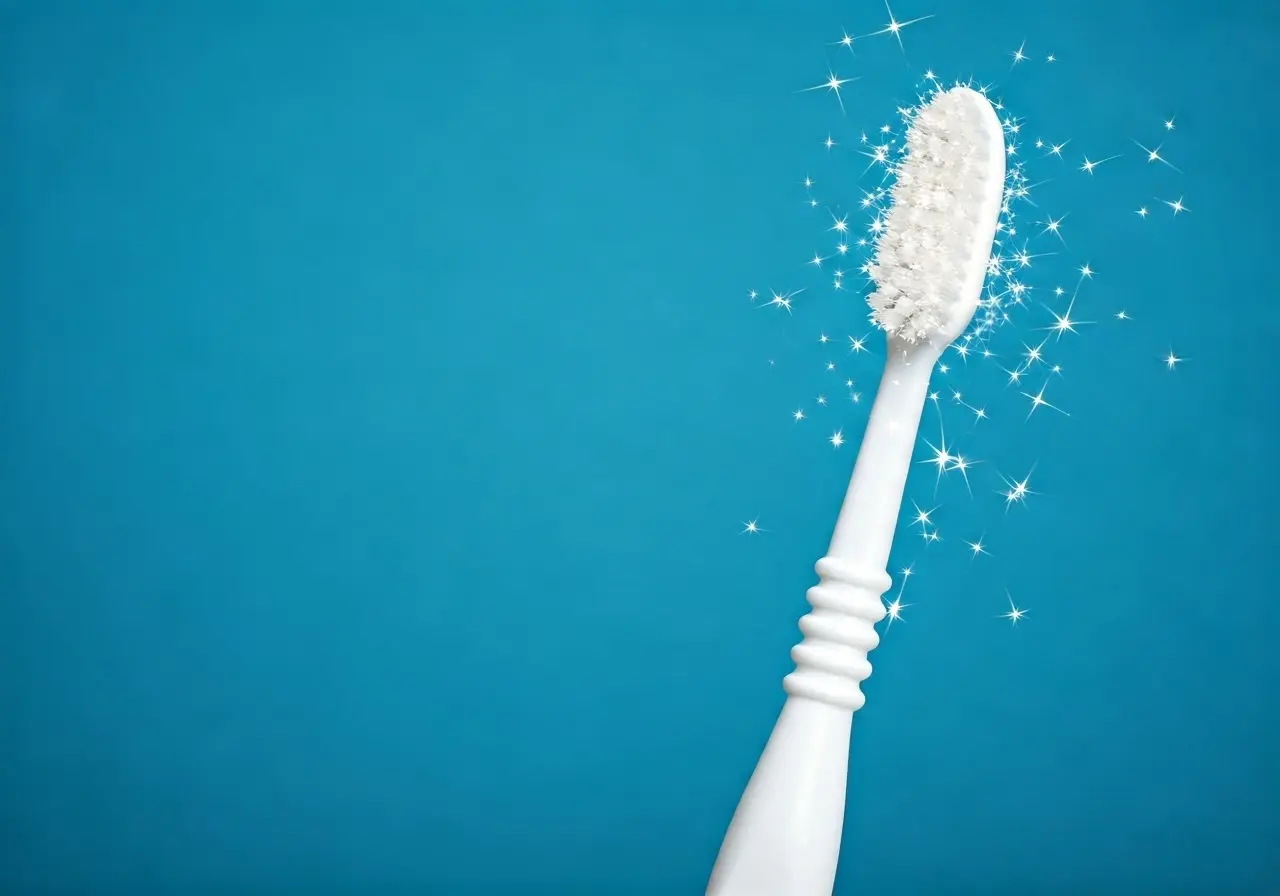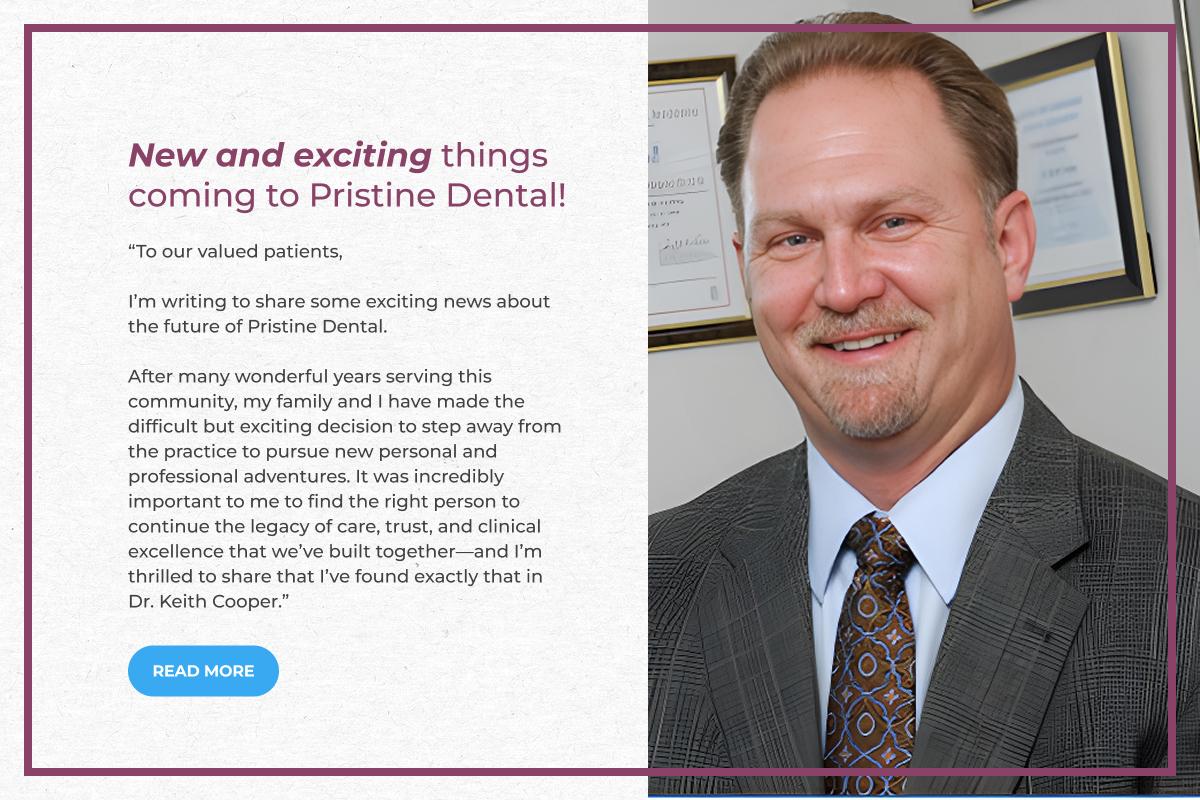Achieving a bright smile doesn’t have to be complicated. With a few simple general dentistry tips, you can maintain healthy teeth and gums. Let’s explore some practical advice that will help you shine confidently.
1. Mastering the Art of Brushing
Brushing effectively is crucial for oral health. Use a soft-bristled toothbrush and fluoride toothpaste, brushing for at least two minutes twice a day. This ensures all surfaces of your teeth are clean and free from plaque. Brushing too hard can damage your gums, so gentle circles and sweeping motions are best. Additionally, consider electric toothbrushes, which can enhance your technique and efficiency.
While the choice of toothpaste is important, knowing the right technique matters more. Focus on cleaning every tooth, reaching the back of your mouth, and brushing along the gum line where plaque tends to accumulate. Replace your toothbrush every three months or as soon as the bristles show signs of wear. Never underestimate the power of regular brushing; it’s the foundation for a brighter smile.
2. Flossing for Total Cleanliness
Flossing daily removes plaque and food particles from between teeth that your toothbrush can’t reach. It’s an essential step in preventing cavities and gum disease. Many people overlook flossing, yet it’s a crucial part of oral hygiene that works wonders in preserving dental health. Different types of floss exist—waxed, unwaxed, flavored—and choosing the one that suits you can make the task more pleasant.
If traditional floss is cumbersome, try floss picks or water flossers as effective alternatives. Making flossing a part of your nightly routine ensures those hard-to-reach places are kept clean, reducing the risk of plaque buildup and helping prevent inflammation of the gums. Follow up with mouthwash for an extra layer of protection and freshness, sealing the deal on a comprehensive oral care routine.
3. Embrace a Tooth-Friendly Diet
Eating a balanced diet rich in fruits, vegetables, and calcium can strengthen your teeth. Limit sugary and acidic foods to protect your enamel from decay. Foods high in calcium, like dairy products, help keep teeth strong and healthy. Crunchy fruits and vegetables not only provide nutrients but also act as a natural scrub, helping to clean teeth surfaces.
Dark leafy greens are an excellent choice for your dental diet as they are packed with essential vitamins and minerals. Meanwhile, reducing the intake of sugary snacks and drinks can dramatically decrease the risk of cavities. The frequency of sugar consumption can be as damaging as the quantity; thus, enjoying treats in moderation and opting for healthier alternatives whenever possible encourages sound dental practices.
4. The Importance of Regular Dental Visits
Routine dental check-ups allow your dentist to spot potential issues early and keep your smile on track. Regular cleanings can prevent many common dental problems. A professional cleaning removes plaque buildup that regular brushing can’t handle. During these appointments, a dentist can detect early signs of decay or disease, offering solutions before complications arise.
Creating a habit of twice-yearly dental visits not only maintains your oral health but also prevents the need for extensive treatments in the future. Additionally, these appointments provide an opportunity to get personalized advice on improving daily oral hygiene habits. The peace of mind that comes from knowing your oral health is monitored by a professional is invaluable and contributes to a radiant smile.
5. Hydration and Your Oral Health
Drinking water keeps your mouth hydrated, washes away food particles, and fights dry mouth, which can lead to tooth decay. It’s one of the easiest ways to support your oral health. Besides boosting saliva production, water helps maintain the pH balance in your mouth, which is crucial for preventing plaque accumulation and enamel erosion.
Incorporating more water into your daily routine amidst meals and snacks aids in maintaining optimal oral health. Always choose water over sugary drinks or caffeinated beverages, which can dehydrate you and contribute to dental issues. Remember, when combined with good dental habits, proper hydration serves as a strong foundation for a flourishing smile.
6. Using Dental Products Effectively
Choose dental products that fit your needs. Whether it’s a specific toothpaste, mouthwash, or dental tool, using the right products can enhance your daily oral hygiene routine. If teeth sensitivity is an issue, opting for products designed to combat this can make your regimen more comfortable. Mouthwashes with antibacterial properties provide an extra layer of protection.
Consult your dentist to identify the most suitable products for your specific oral health requirements. They can recommend particular brands or ingredients to look for, ensuring your efforts are well-targeted. Tailoring your choice of products to your individual needs ensures maximum efficacy, boosting the overall health and appearance of your smile.
7. Quit Tobacco for a Healthier Smile
Avoiding tobacco products is crucial for a healthy smile. Smoking and chewing tobacco contribute to gum disease, tooth decay, and tooth discoloration. Kick the habit for the sake of your smile. Nicotine and tar found in tobacco stain teeth yellow or brown, impacting appearance and self-esteem. Furthermore, tobacco use can mask symptoms of gum disease, making it harder to detect until advanced stages.
The benefits of quitting tobacco extend beyond oral health. Improved taste and smell, better gum health, and a lower risk of mouth cancers are just a few advantages awaiting those who choose to stop. Using cessation aids or seeking support groups can make quitting easier. For a brighter smile and improved health, there’s no better time to ditch tobacco than now.



